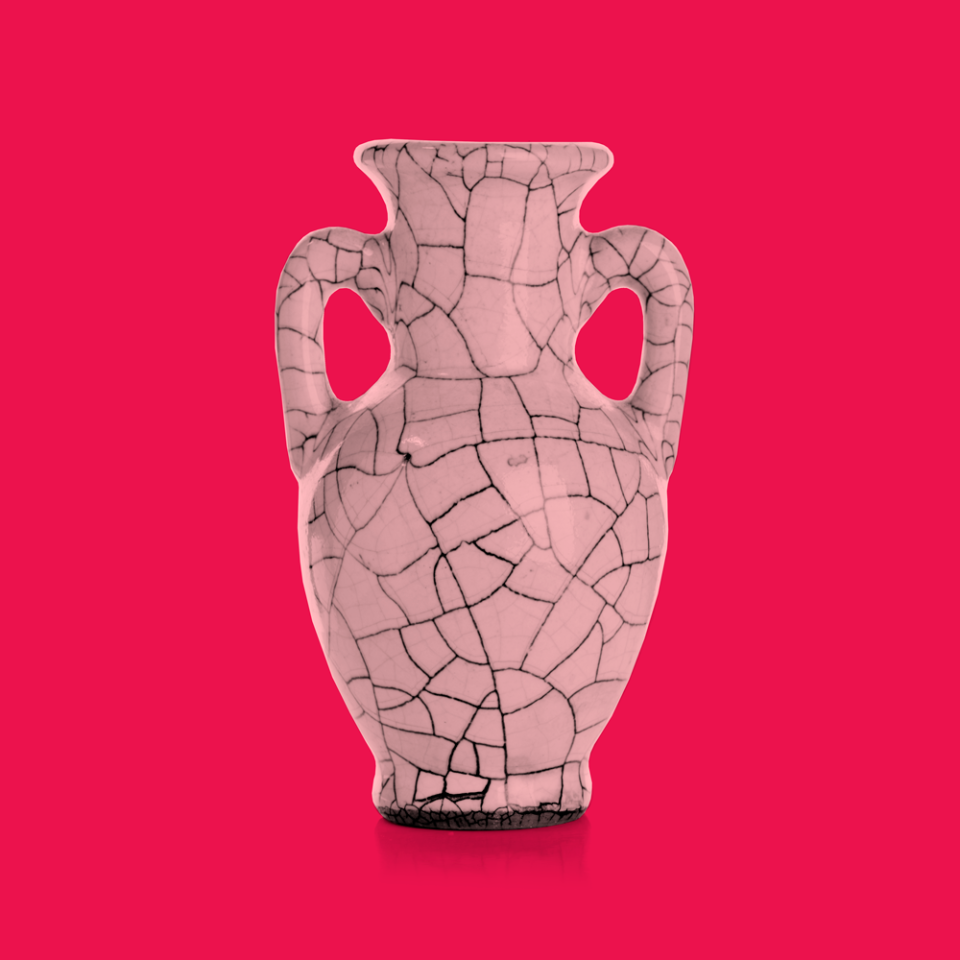'Hopelessly submerged in pain for days': What it's like to live with menstrual migraines

Nearly every single woman — almost half of the world’s population — gets her period, and yet, while some people talk about it, it’s still not a subject that most are comfortable discussing openly. With Period Week, Yahoo Lifestyle takes a look at why there’s still a sense of shame and embarrassment when it comes to periods, how some dads struggle to have these conversations with their daughters, how period-related health issues can affect your life, and what schools are teaching kids about menstruation today.
I’ve never had a surprise period. Even my very first one — at the age of 11 — arrived with warning shots.
It was Halloween night, and I had just returned from trick or treating when I felt nauseated and exhausted; the left side of my head began pulsating with pain. I squinted under the kitchen lights and the evening news blared as I became sensitive to light and sound. My father chalked it up to eating too many Reese’s Peanut Butter Cups — but I had hardly even nibbled on my spoils. The next morning, my period arrived and my symptoms worsened.
I was experiencing my first menstrual migraine.
The same siren has sounded with every period to follow. And I’m not alone. “Menstrual migraine affects more than 50 percent of female migraine patients, accounting for about 12 million women annually,” says my doctor, Brian Grosberg, MD, director of Hartford Healthcare Ayer Neuroscience Institute Headache Center in Connecticut.
If you want to get technical, there are two types of menstrual migraine: pure menstrual migraine and menstrually related migraine. Both are like tsunamis. They tend to last longer and are more intense than other migraines, and they may not respond to typical therapies, Grosberg says. They may require a plan of attack that is more aggressive than a migraine that isn’t related to your period.
Pure menstrual migraines arrive one to two days before period onset for at least two of three menstrual cycles, last for several days, and are typically without aura — the flashing lights some migraineurs see before pain sets in, says Grosberg. Menstrually related migraines can have the same pattern, but also occur at other times of the month, like during ovulation.

Keeping a diary that details when you get migraines, as well as possible triggers like red wine, stormy weather, dehydration, or sleep deprivation can help a doctor determine what kind of migraines you get in order to offer more effective treatment.
After many years of suffering through the debilitating pain of menstrual migraine and its effects — missing school activities, calling in late for work, struggling through the most basic of responsibilities, and feeling hopelessly submerged in pain for days with no relief in sight, I’m now in much more control thanks to a multitiered plan.
Simply not getting my period every month helps enormously — and if you’re wondering (because I sure was), experts say it’s not necessary to get one monthly. In fact, pill manufacturers have long designed the week-long “period” that comes with oral contraceptives for primarily marketing reasons: It’s what most people think is normal, says Anate Aelion Brauer, MD, assistant professor in the department of ob-gyn at NYU Langone School of Medicine.
“Stopping active pills in a pack and taking the sugar pills instead usually results in a withdrawal bleed from hormones — this is not technically a period,” Brauer says. “Periods while on the pill are actually not medically necessary — there are many women who skip their sugar pills without any long-term implications.”
A recent study comparing regularly monthly oral contraceptives with extended or continuous use found no difference in side effect occurrence between groups, with reduced incidences of headache and other menstrual pain symptoms in the extended-use group. For other conditions, like endometriosis, extended-use oral contraceptives are also recommended.

I take the generic version of Seasonique, which results in a period four times a year. Under the supervision of my doctor, I take it continuously for a few months at a time to avoid my period even longer. (The prescription can be written for medically required continuous use by a doctor so that you don’t have to wait out the placebo pill week.)
Over-the-counter medications like Excedrin Migraine may help some patients, but if you’re still left incapacitated or are overusing them, your case would be better handled with the help of a neurologist who specializes in headache. (You can find one via the American Migraine Foundation.)
After going through bottles of over-the-counter medication with only worsening quality of life for years, I finally got expert help. My doctor has me on a plan of naproxen sodium (essentially, prescription strength Aleve) twice a day to help prevent migraines during the week of my period, as well as a longer-lasting prescription triptan to treat any breakthrough migraines. And I get Botox for migraine every three months, which helps prevent my menstrual migraines.
I also lower my “trigger load” — things that set off a migraine — as much as possible, which anyone can do at home. “Examples of reducing the burden is ensuring adequate hydration, sleep, and regular meals while reducing stress and avoiding certain foods or other triggers in the days leading up to your menses,” Grosberg says. Since the pill gives me the ability to plan for my period, I try to “schedule” it to occur during less demanding weeks, when I can be more in control of my environment and my routine.
Read more from Yahoo Lifestyle:
Follow us on Instagram, Facebook, and Twitter for nonstop inspiration delivered fresh to your feed, every day.

